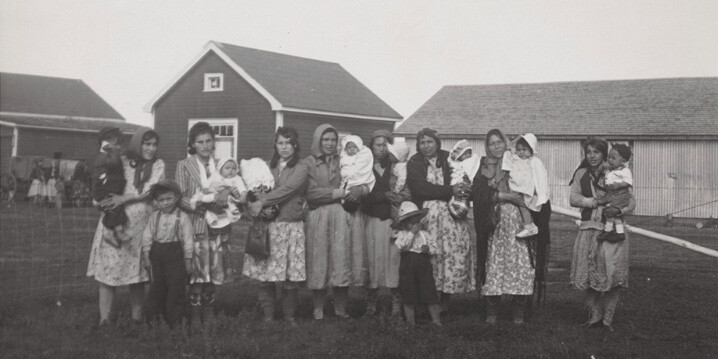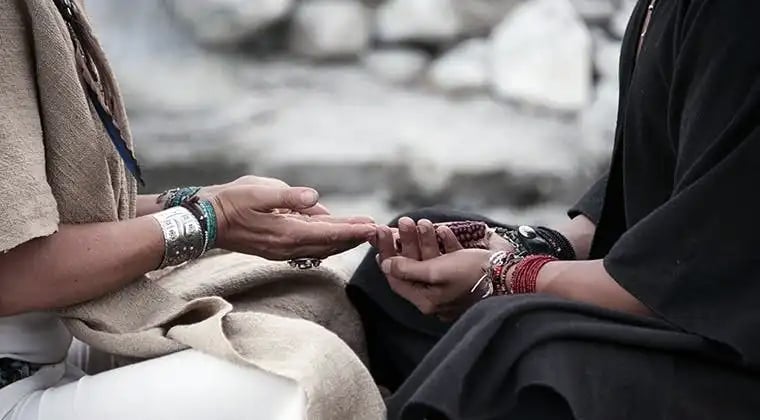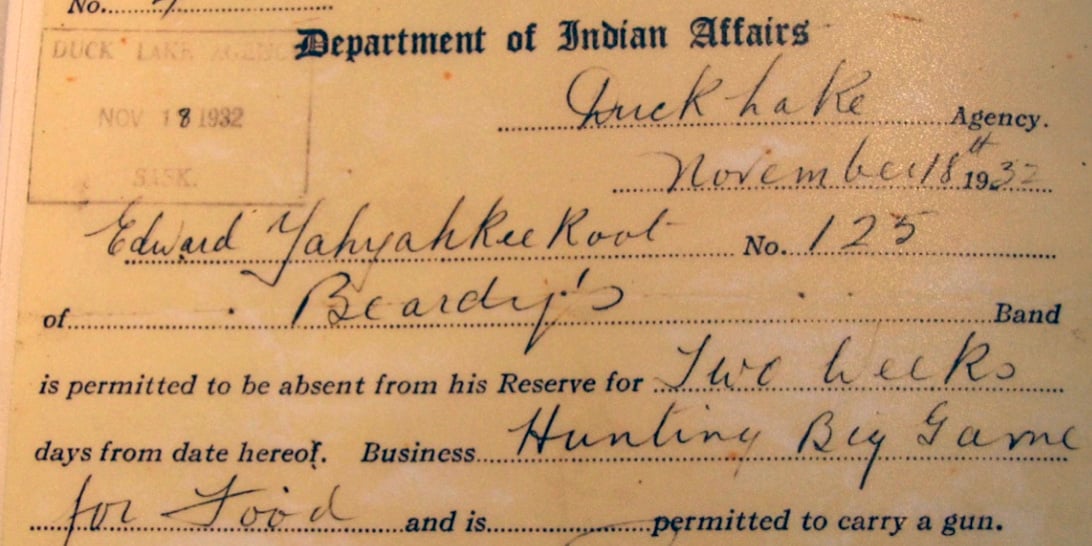5 min read
The Indian Act & the Politics of Exclusion
Indigenous nations enjoyed full autonomy over every aspect of their lives for millennia. But, that all began to change in 1867 with the introduction...

5 min read
Indigenous nations enjoyed full autonomy over every aspect of their lives for millennia. But, that all began to change in 1867 with the introduction...

4 min read
The incarceration rate of Indigenous peoples in Canada should be labelled a national crisis. The flaws in the justice system are insidious and...

4 min read
By Bronte Phillips Changing their last names after marriage and sharing their bodies with their unborn children are two ways in which many women and...

4 min read
We identify ourselves in many ways - by gender, generation, ethnicity, culture, religion, profession/employment, nationality, locality, language,...

3 min read
When an Indian woman marries outside the band, whether a non-treaty Indian or a white man, it is in the interest of the Department, and in her...

5 min read
The Bank of Canada put out a call for nominations of Canadian women for a series of new banknotes. This is not the first time women have been...

3 min read
The great aim of our legislation has been to do away with the tribal system and assimilate the Indian people in all respects with the other...

2 min read
How long do you think First Nations have been fighting against the inequitable treatment of First Nation women by federal government laws and...

3 min read
Indian Act policies subjected generations of Aboriginal women and their children to a legacy of discrimination when it was first enacted in 1876 and...